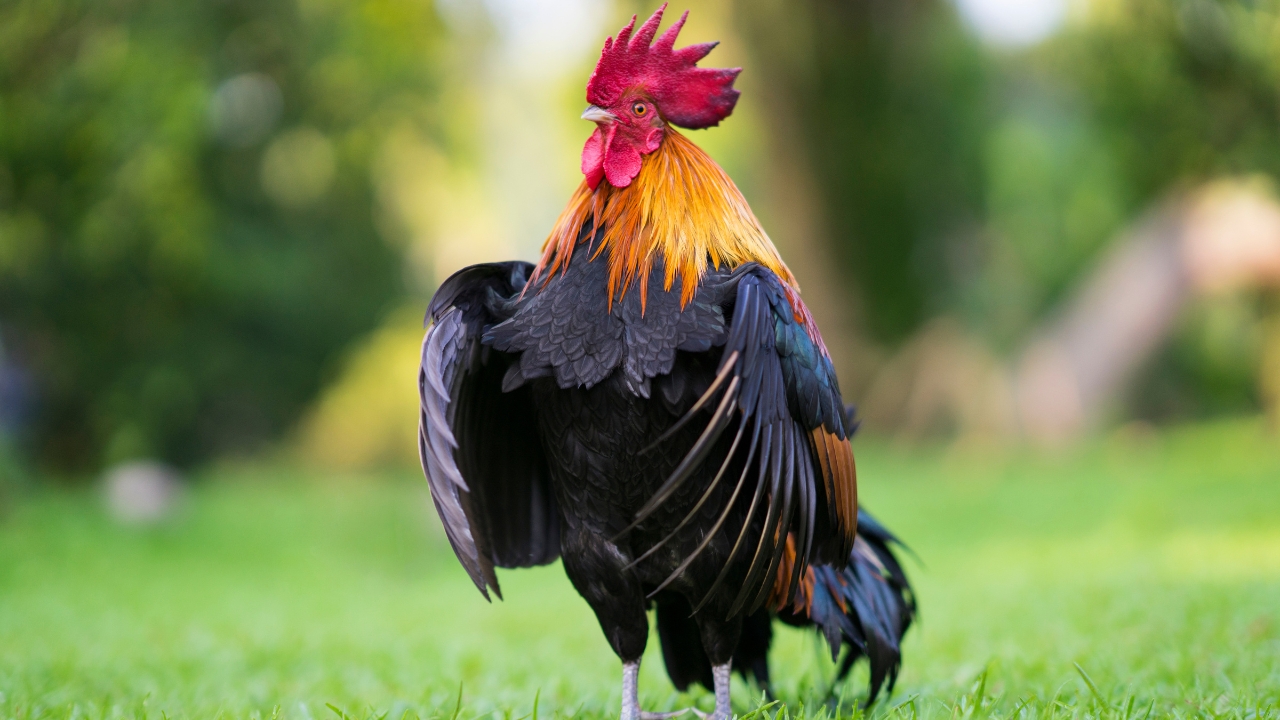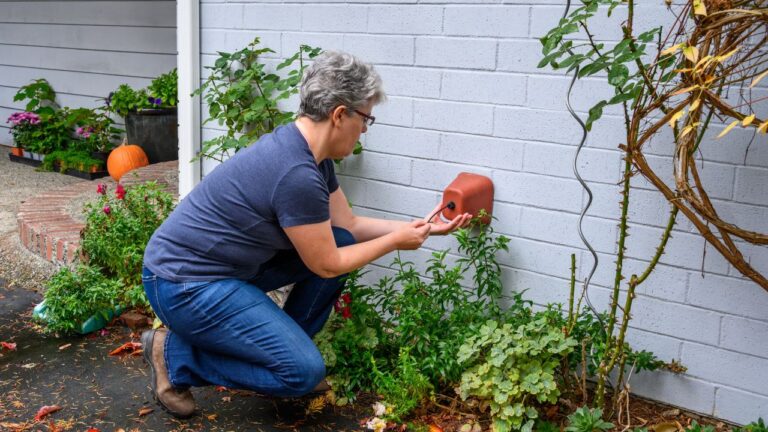10 Signs Your Rooster Is a Problem (Not a Protector)
Roosters are supposed to guard your flock, not make your life harder. A good one will keep an eye out for hawks and break up hen squabbles. But every once in a while, you get one that crosses the line from protective to plain dangerous.
It’s important to tell the difference early before bad behavior becomes a real issue—for you, your kids, or your hens. If you’ve got one that’s acting more like a bully than a guard, here’s what to watch for.
He Charges You Unprovoked
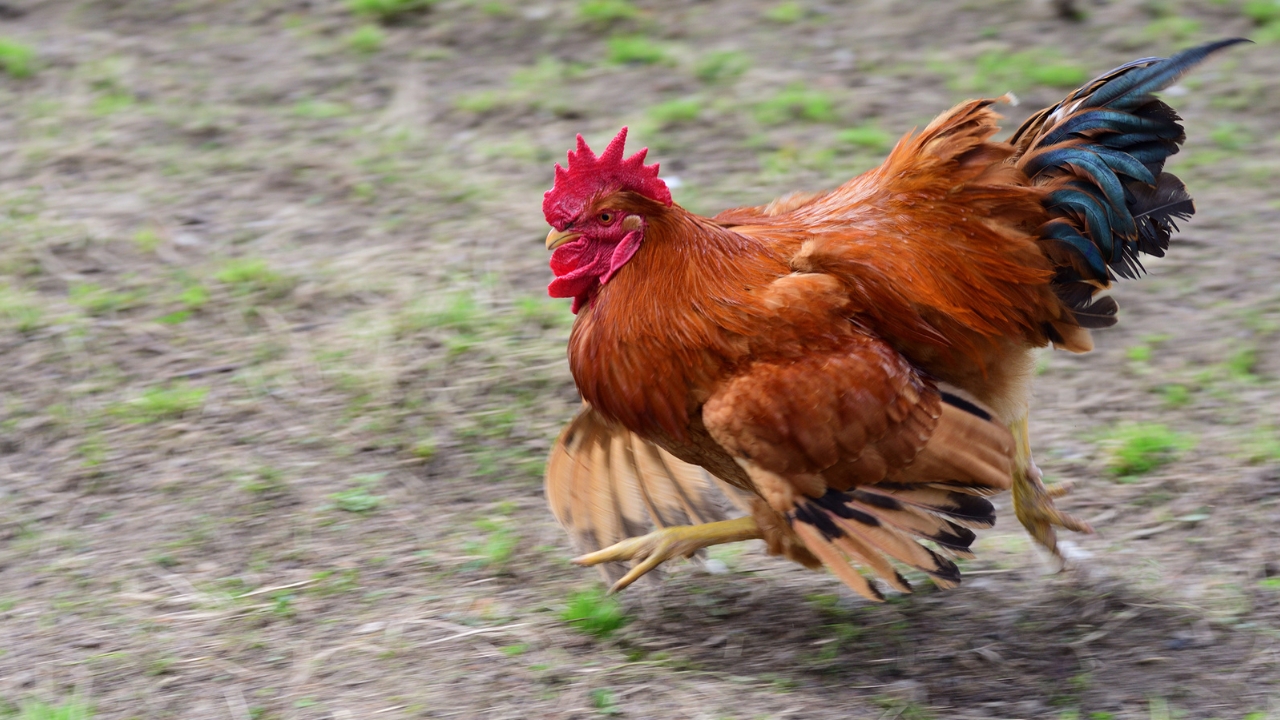
If your rooster rushes you when your back is turned—or even worse, comes at you head-on—you’ve got a problem. That’s not protective behavior, it’s aggressive.
Some folks try to brush it off as a fluke, but it often gets worse over time. A rooster that sees you as a threat is unpredictable and dangerous, especially if you’ve got kids or guests around.
He Attacks Without Warning
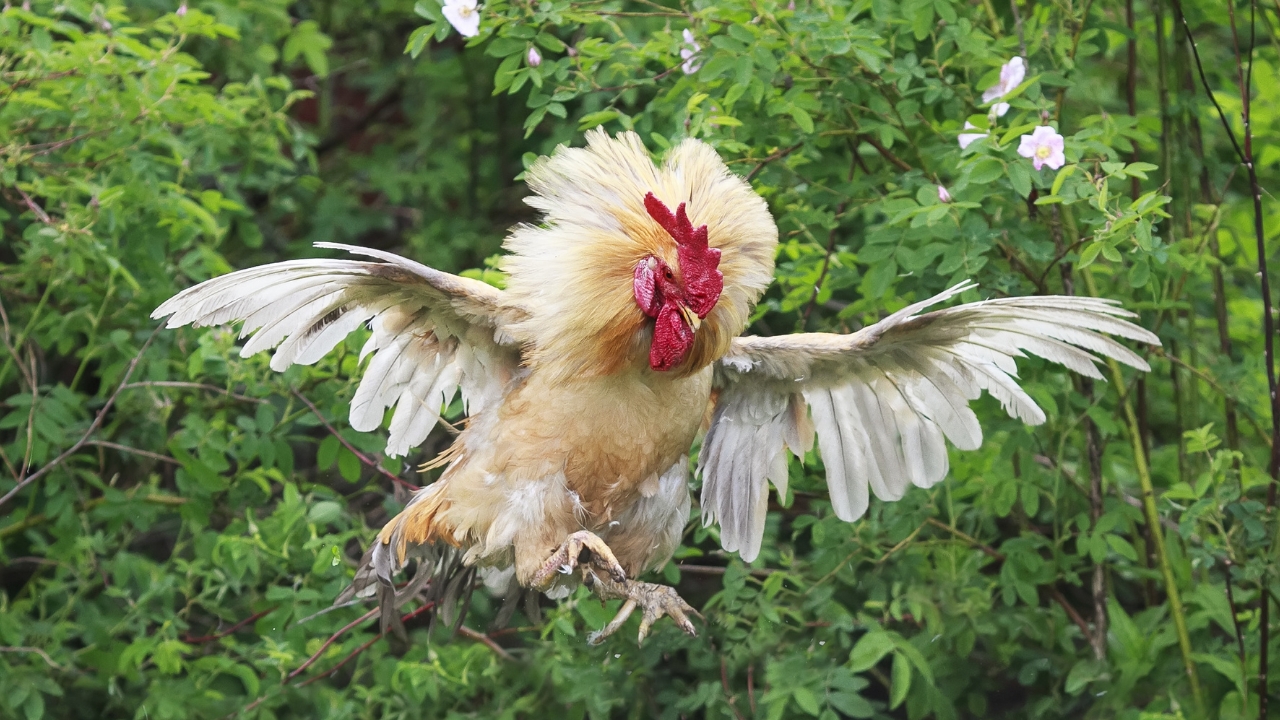
A good rooster will posture first—dropping a wing, puffing up, maybe giving a warning call. If yours skips the warning and goes straight to flogging, that’s a red flag.
Attacking without hesitation shows he sees no line between predator and caretaker. That’s not something you can always train out, and it makes him hard to trust around people.
He Won’t Let You Near the Hens
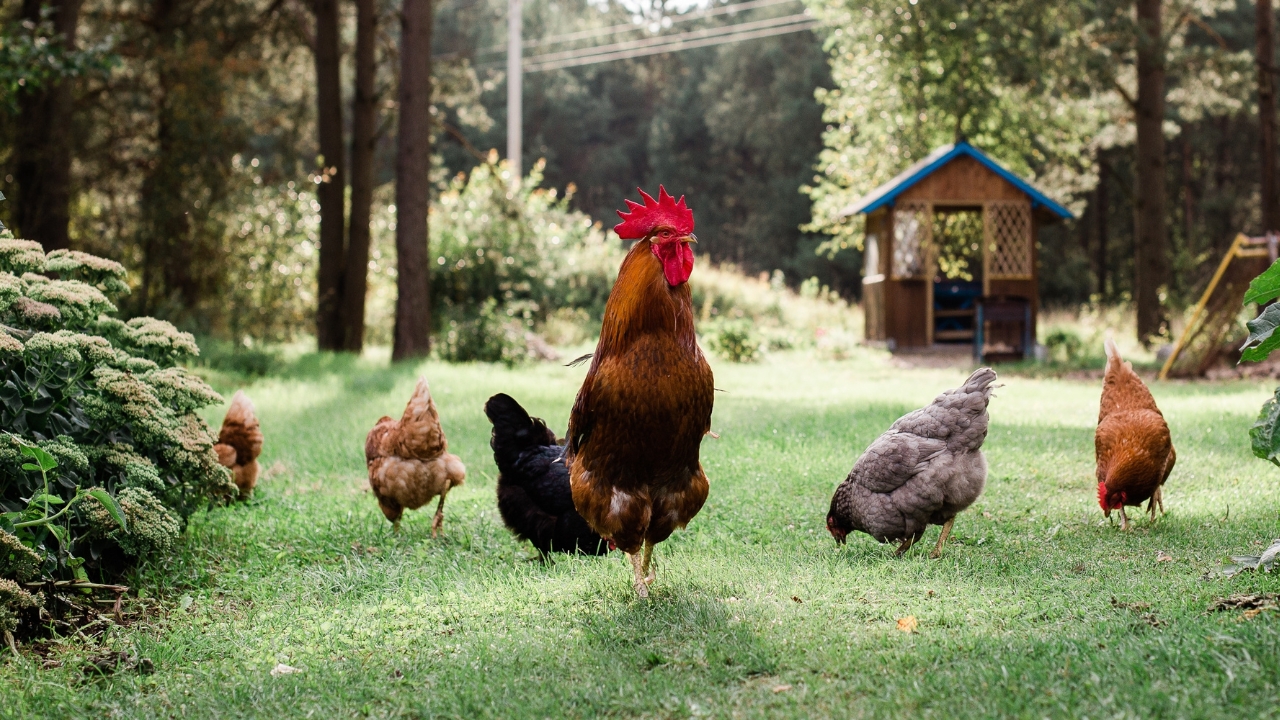
Protecting hens from predators is one thing. But if he blocks you from feeding, collecting eggs, or even getting close to the flock, that’s an issue.
You shouldn’t have to fight your way into your own coop. When a rooster starts guarding hens from you, he’s crossed from protector into overly possessive and aggressive territory.
He Bullies the Hens
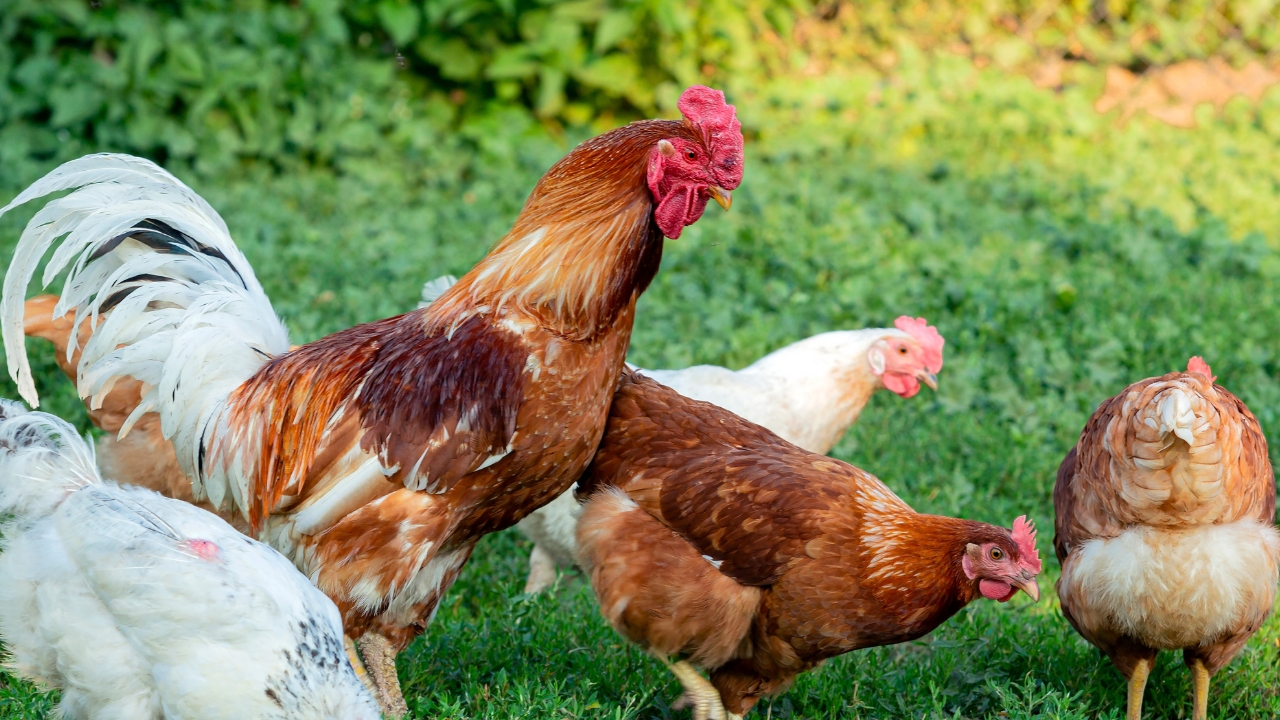
Roosters will mate—it’s part of their role. But if he’s constantly chasing hens, pulling feathers, or not letting them eat in peace, it’s time to intervene.
A rooster that stresses the hens out too much can tank egg production and cause injury. One or two bald backs is manageable, but if most of your hens are missing feathers, something’s off.
He Picks Fights With Other Roosters
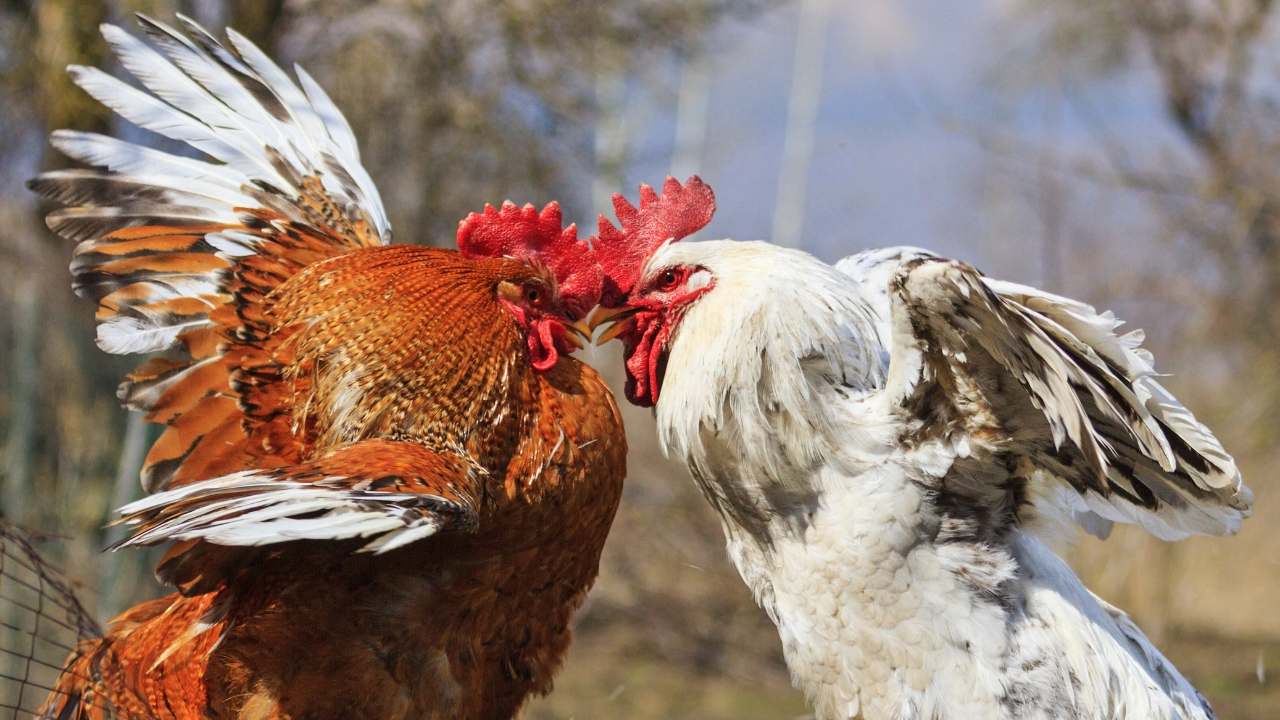
Even if you only have one now, this is worth noting. A rooster that won’t tolerate any other males—even young ones—is likely to be overly dominant and aggressive.
Some squabbling is expected, but constant fighting isn’t. That kind of behavior makes it hard to raise chicks or keep backup roos around if needed.
He’s Aggressive Toward Kids or Animals
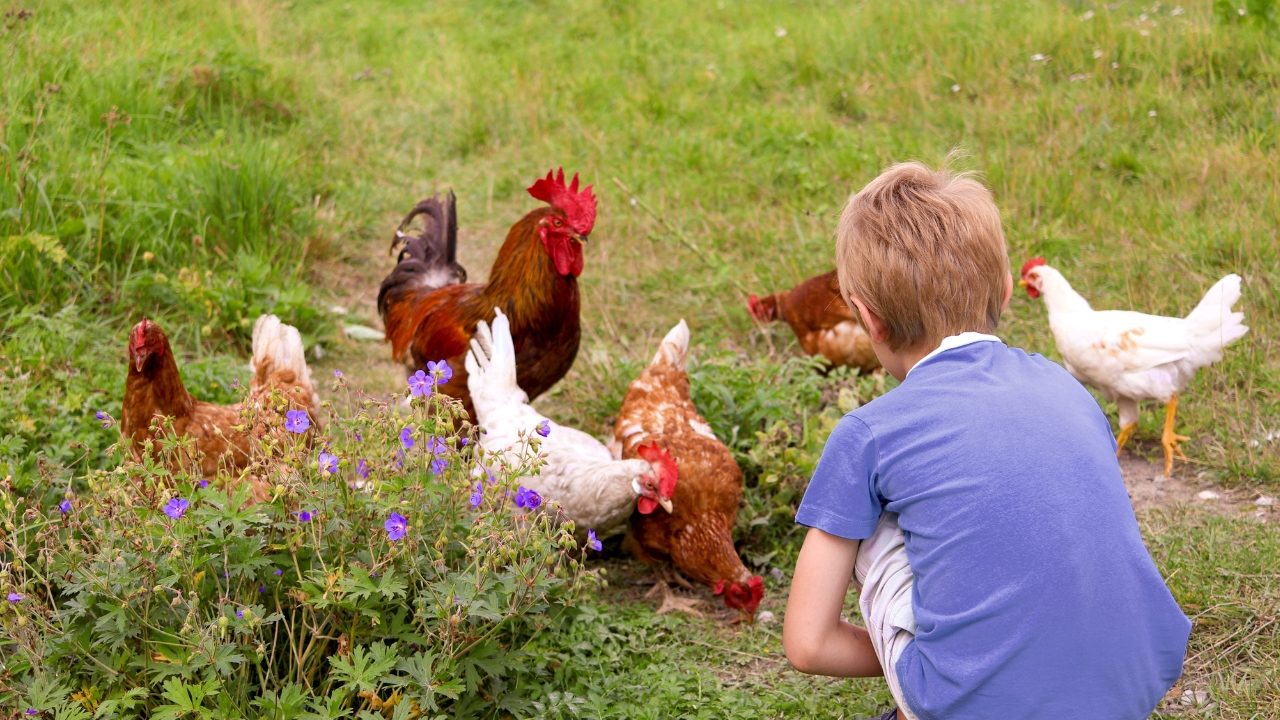
If your rooster goes after children, dogs, or other animals, that’s a big sign of a bad temperament. He should be focused on aerial threats and real predators—not your toddler.
Aggression toward non-threatening animals or people shows poor judgment. It also makes basic care like refilling waterers or cleaning the coop harder and riskier than it needs to be.
He Stalks You Around the Yard

It might sound silly, but if your rooster is quietly tailing you everywhere, that’s not curiosity—it’s posturing. Especially if he’s watching your feet or acting tense.
That behavior often turns into surprise attacks. A good rooster might keep an eye on you, but he shouldn’t act like he’s hunting you down while you’re working in the yard.
He Flogs You Repeatedly
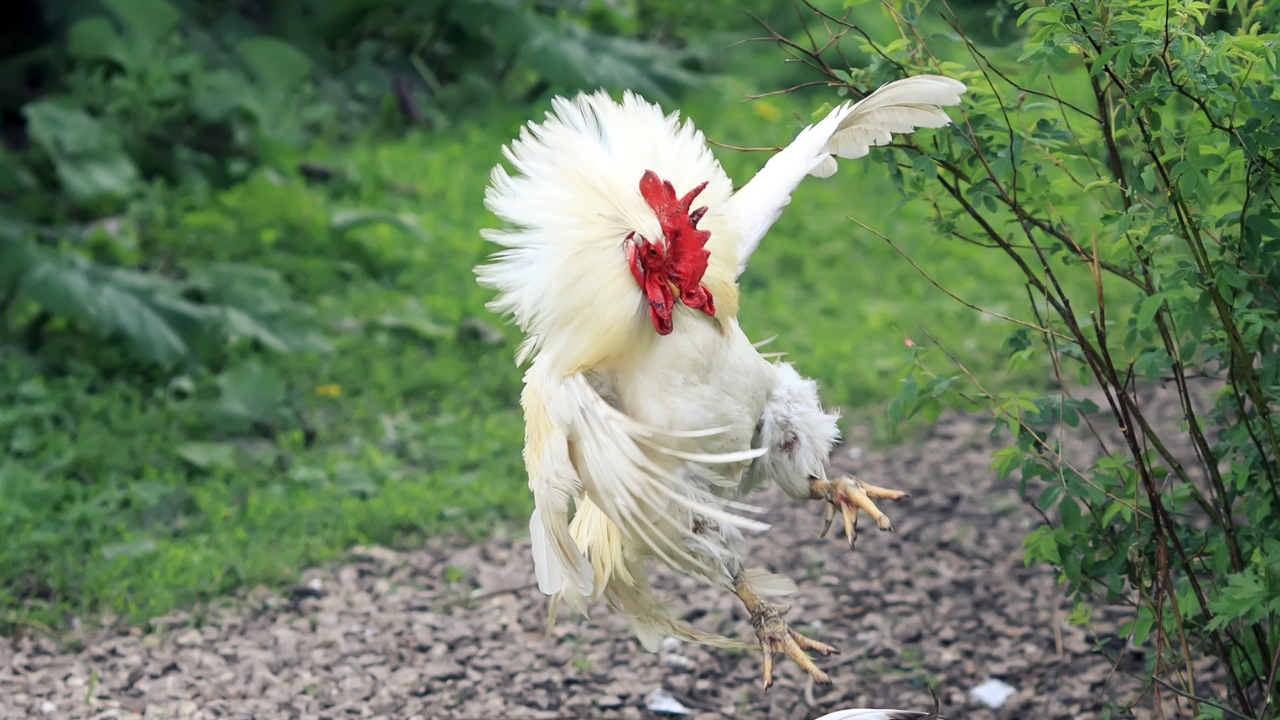
One flogging could be a one-time mistake. But if it becomes a pattern—even after you’ve corrected him or given him space—he’s not likely to grow out of it.
Roosters that make flogging a habit are hard to break. The risk of injury to you or someone else usually outweighs any benefit he brings to the flock.
The Hens Seem Constantly Stressed
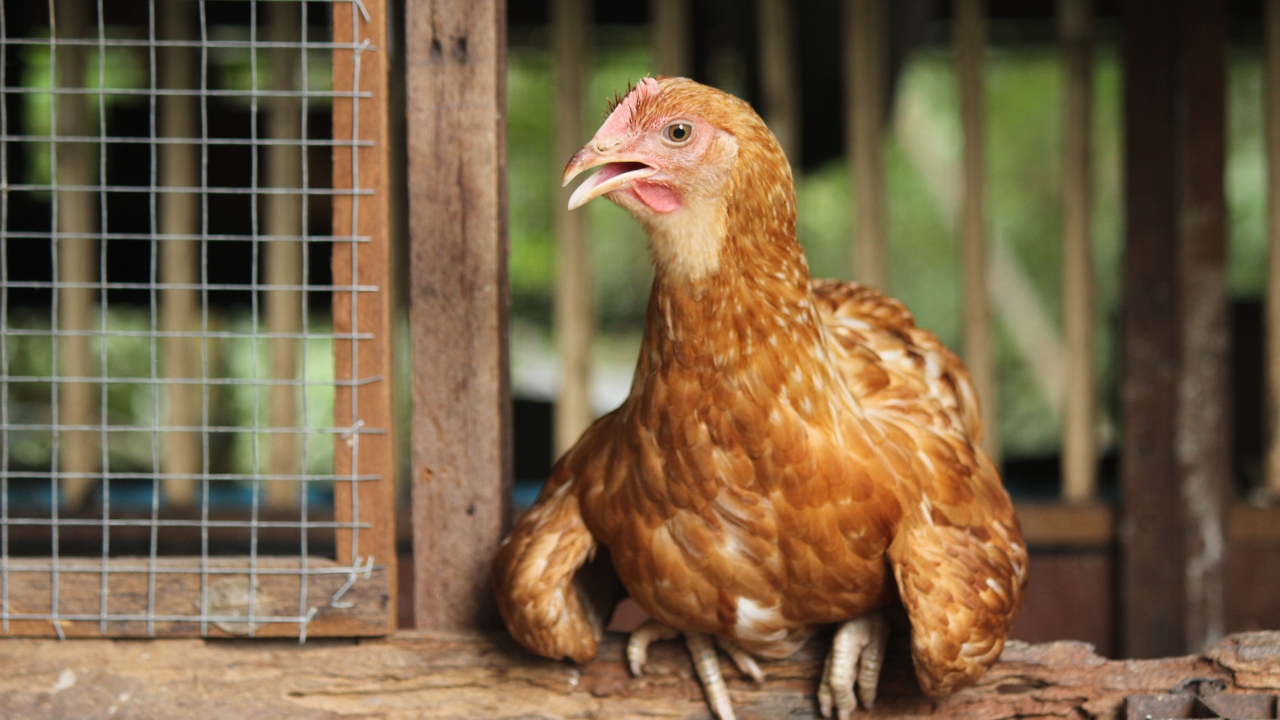
Take a step back and watch how your hens act. If they’re jumpy, avoiding him, or crowding into corners when he comes around, they’re stressed out.
A good rooster should make the hens feel safer, not keep them on edge. Chronic stress will show up in poor egg laying, feather loss, and even weight loss over time.
You Dread Going Near Him
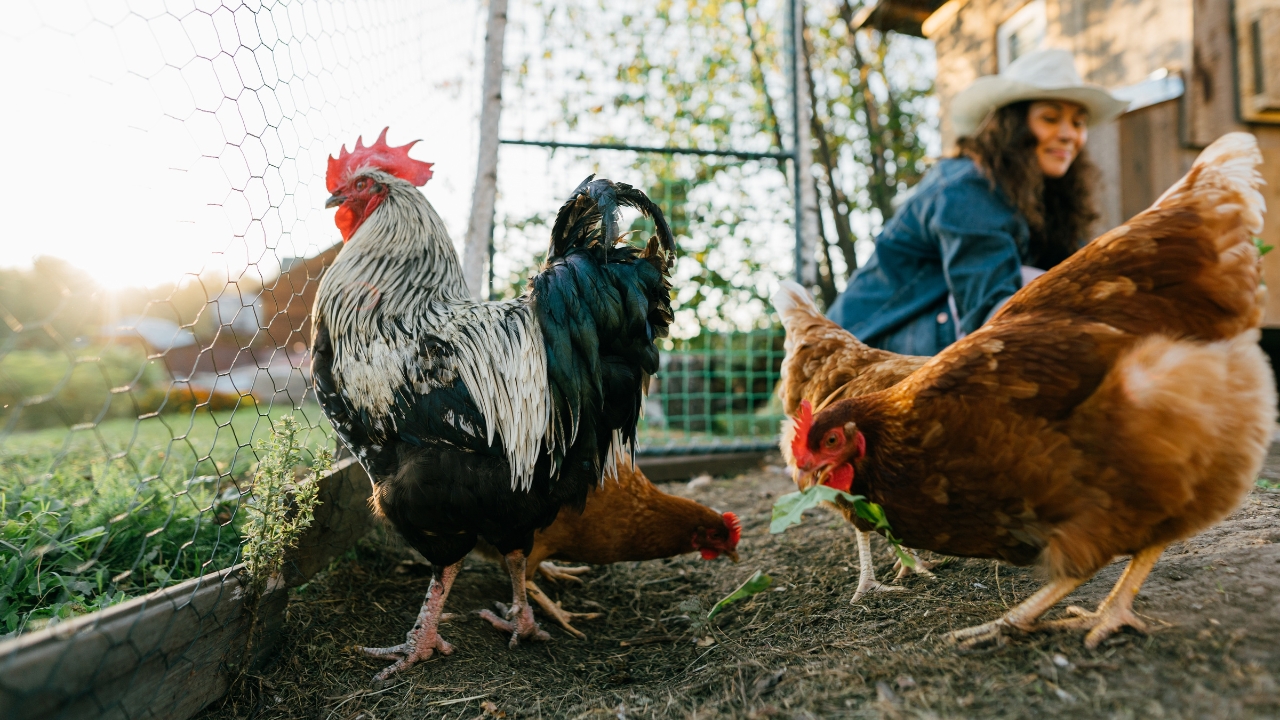
If caring for your flock feels more like a chore—or worse, something you dread—because of your rooster, that’s a sign it’s not working.
You shouldn’t have to armor up to collect eggs or walk into the run. A rooster is supposed to make life easier by watching over your hens, not add another layer of stress to your day.
*This article was developed with AI-powered tools and has been carefully reviewed by our editors.

